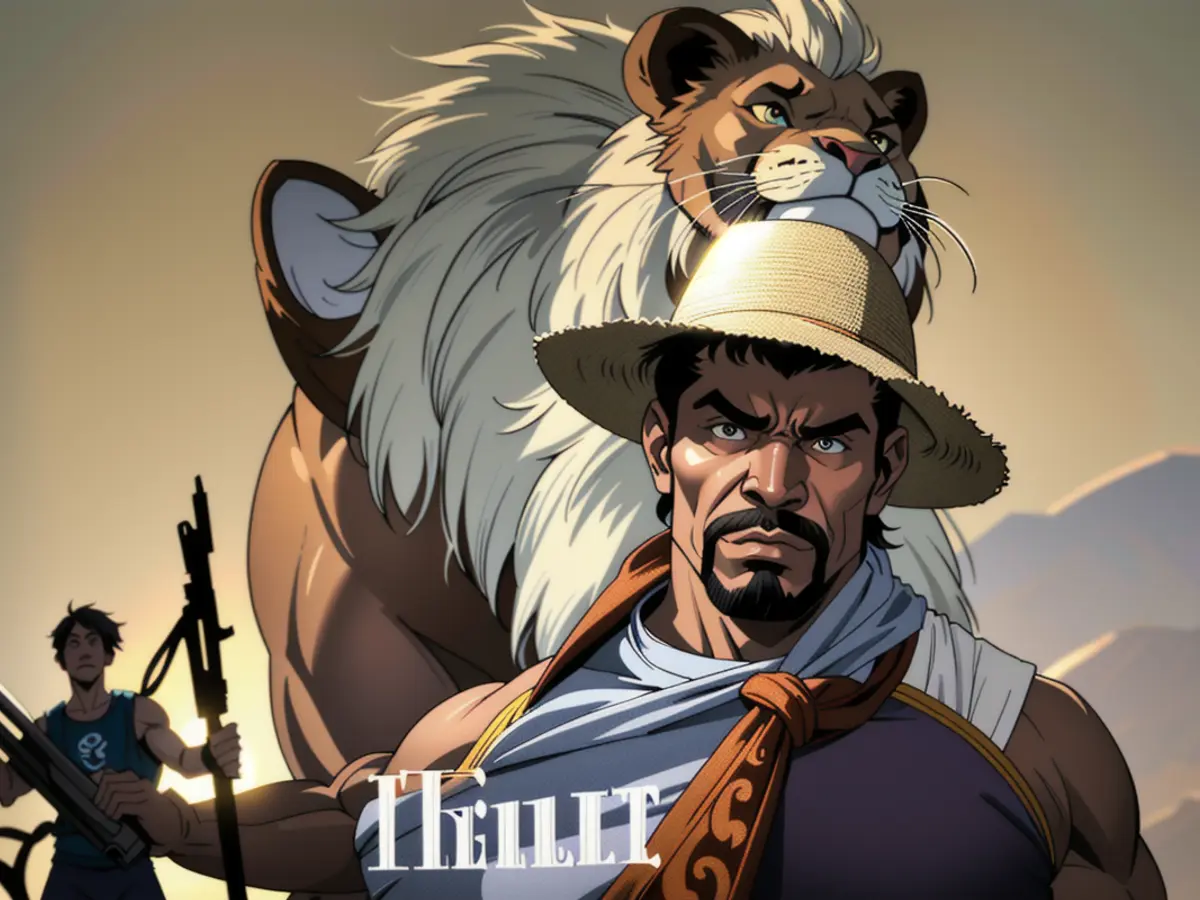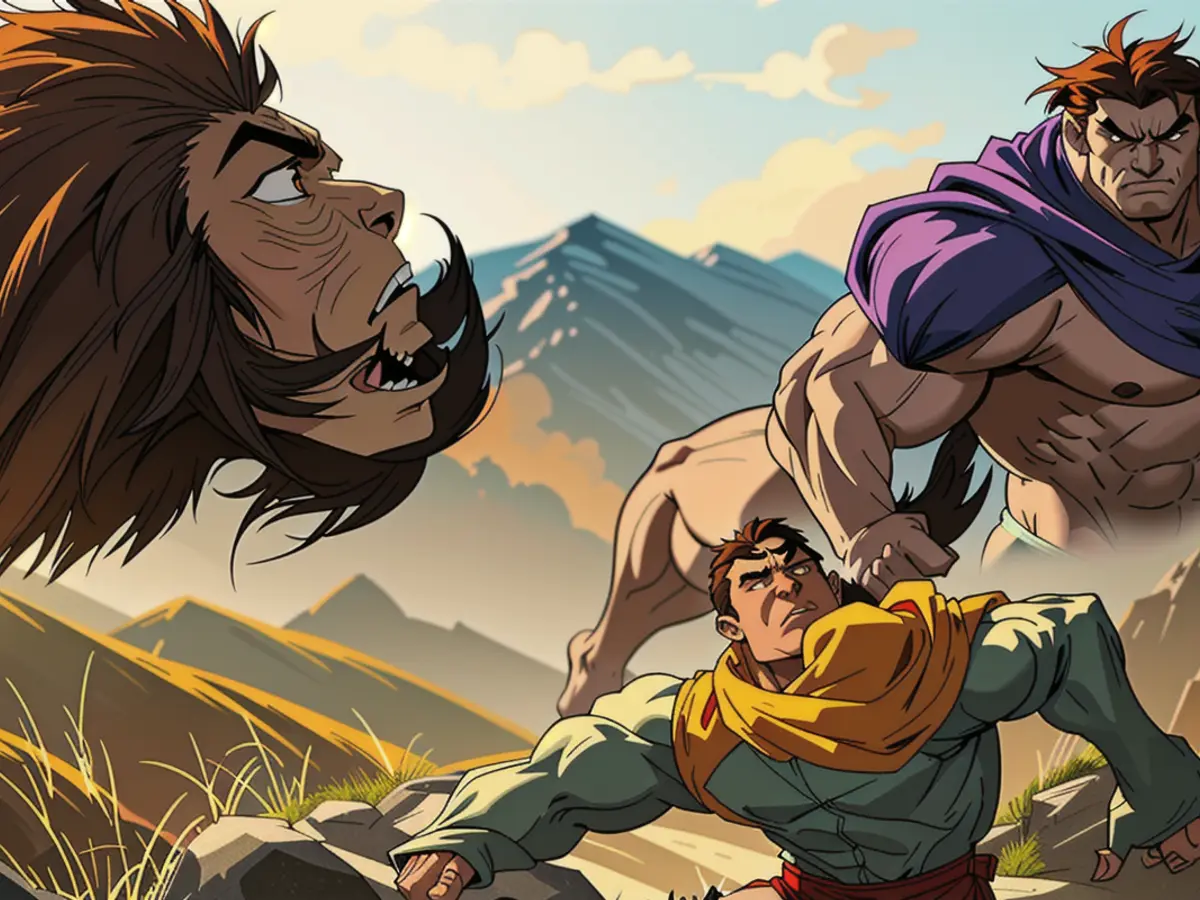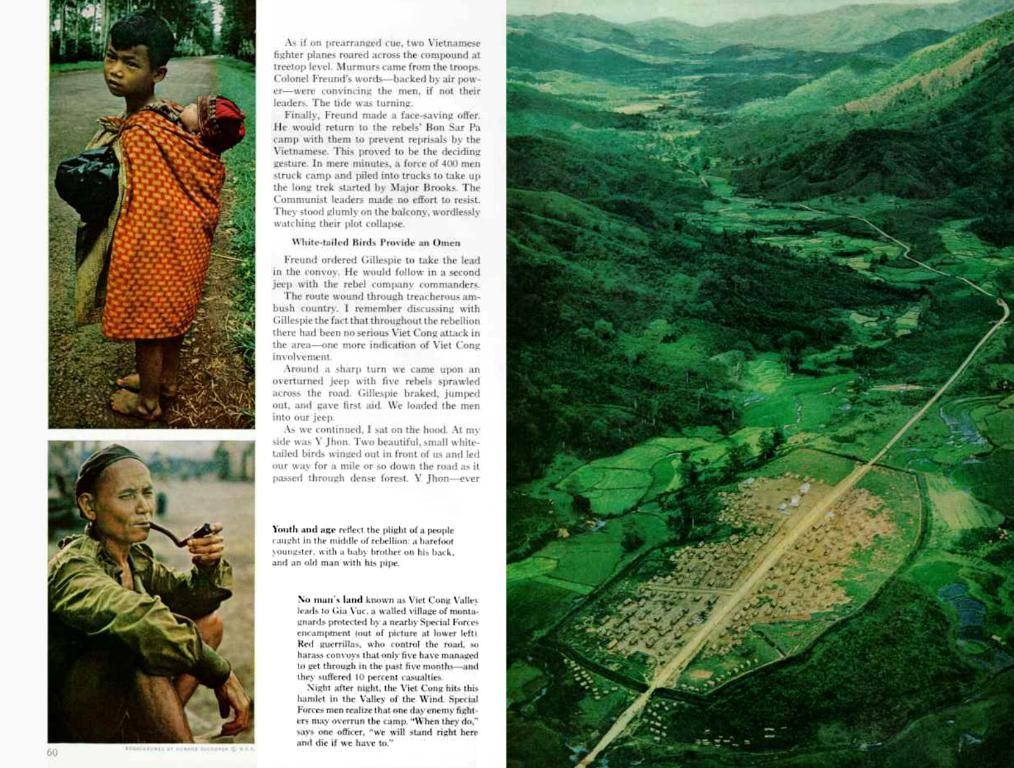Barry Jenkins discusses why he believes the voice of 'Mufasa' in "The Lion King" holds a significant connection to the continent of Africa.
In the latest film "Mufasa: The Lion King," Mufasa's tale is portrayed from cubhood to mature lionhood. The brotherly camaraderie between Mufasa, played by Aaron Pierre, and Scar, later portrayed by Kelvin Harrison Jr., is explored and intensified, all while the vast African savannah and the graceful movements of the animals are recreated using contemporary CGI.
This film serves as a prequel to Jon Favreau's live-action remake from 2019. Mufasa starts as an orphaned cub who bonds with Taka, the future Scar. Both seek the familial closeness that is precious in the harshness of the animal kingdom, leading them on a journey to establish their own pride.
'A heavy burden'
Directed by Academy Award-winner Barry Jenkins ("Moonlight," "If Beale Street Could Talk"), this addition to the series not only follows the films but also the renowned stage musical. According to CNN, Jenkins stated, "The Lion King" has such a significant impact on Western culture that it serves as "for some people, their first or primary connection to the continent of Africa."
Telling a story that carries "the voice of the continent," said Jenkins, comes with "a heavy burden."
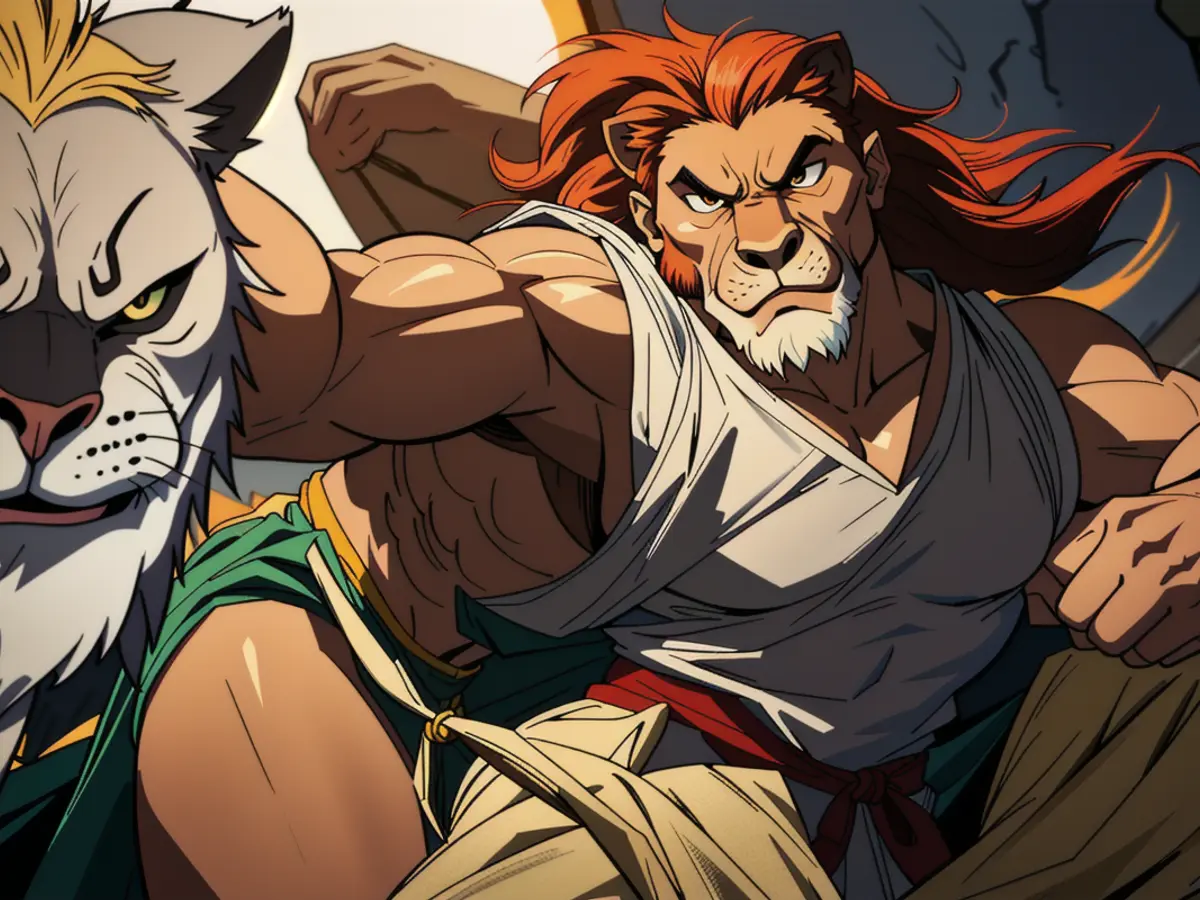
The character of Rafiki in this film represents that voice most clearly - the wise mandrill who guides multiple generations of lions in the Pride Lands. He takes on the role of the storyteller, with the film starting after "The Lion King" and then traveling back in time.
The young Rafiki is portrayed by South African actor Kagiso Lediga, who views his character as drawing wisdom from all over Africa. "Rafiki is a traveler," said Lediga, "this kind of pan-Africanist guy."
John Kani, 81, plays the elder Rafiki in the new film. "I've always seen Rafiki as the guardian of culture," he said, "A historian. Anyone in the village could ask, 'What happened to Scar? What happened to that?' and everyone would say, 'Go to the old man Rafiki; he will tell you.'"
Storytelling across generations
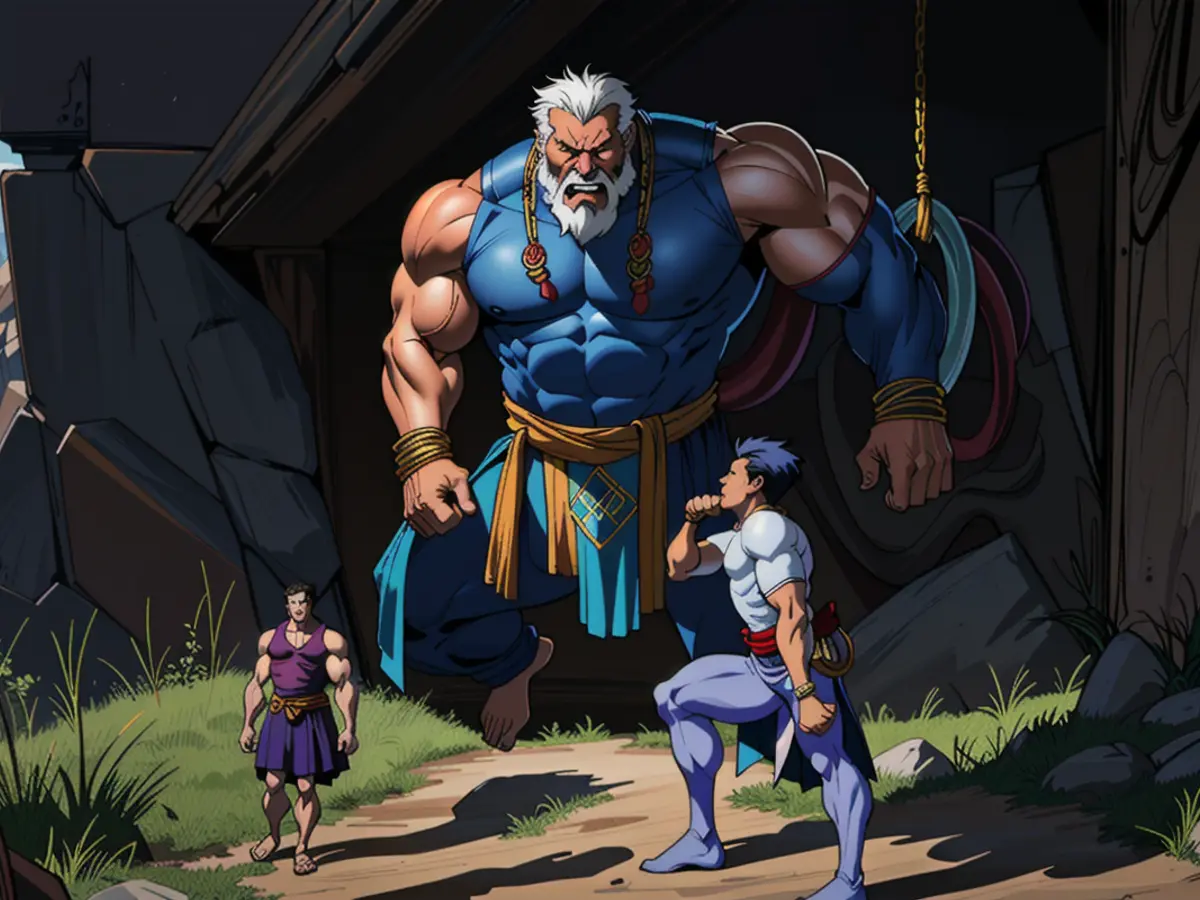
Rafiki is growing old in a rapidly changing Africa for its human inhabitants, who are increasingly relocating to cities. According to Kani, the "challenge of Africa today" is the absence of grandparents in the upbringing of children in the village because of migration. Kani believes that by telling these stories and hearing them, one can "stand up tall as an African."
The multi-lingual Rafiki, speaking Zulu and Swahili, is characteristic of Jenkins' film, with dialogue peppered with various African languages. Lediga attributes this to Jenkins granting him "license" to speak freely and improvise, while Kani spoke of Jenkins recognizing him "as a creative spirit."
"There's a whole scene in this movie that we came up with on the spot," said Jenkins, "And it would only have emerged from John Kani telling me about his experiences on the continent. So, I really think being open to the actors driving the process in a certain way, and especially the actors from the African continent - because I do not live there, I do not know the place as well as them - opened up the movie so much."
This film, directed by Barry Jenkins, delves into the arts of storytelling, using a unique style that pays tribute to African culture. The character of Rafiki, played by John Kani and Kagiso Lediga, serves as the tale's storyteller, bringing different African languages into the narrative.
